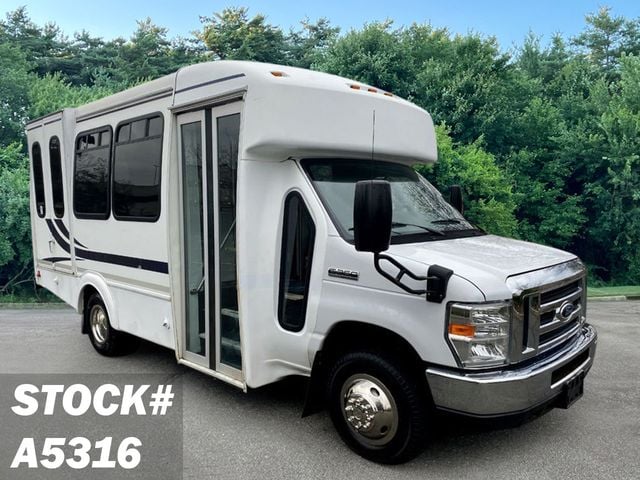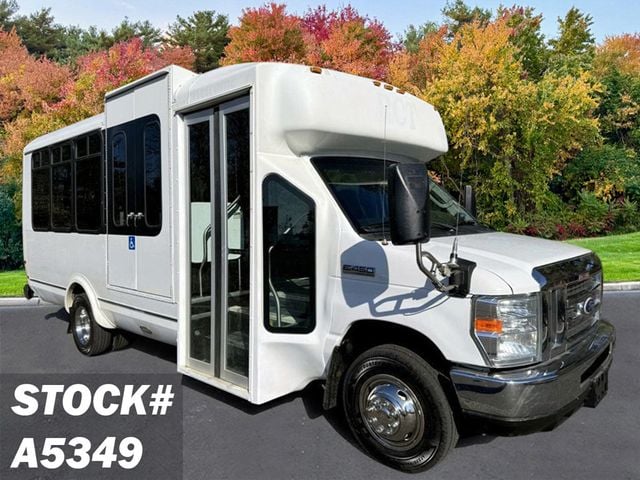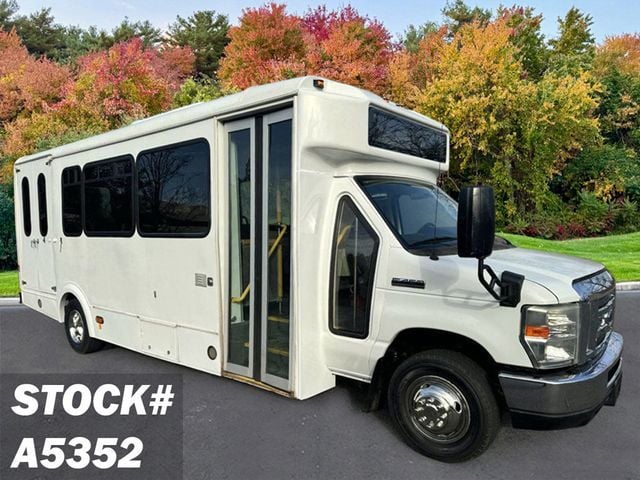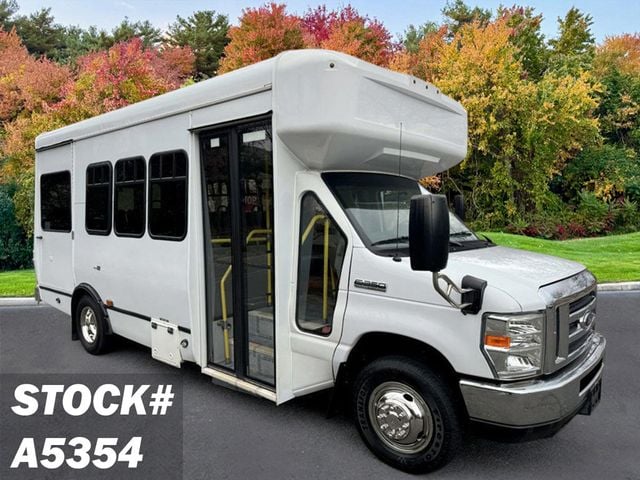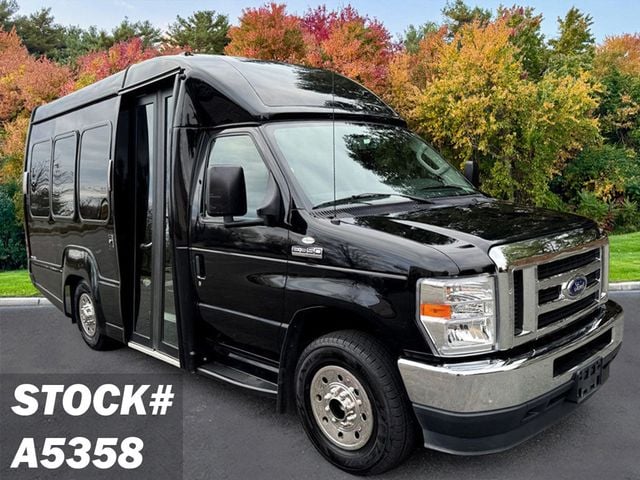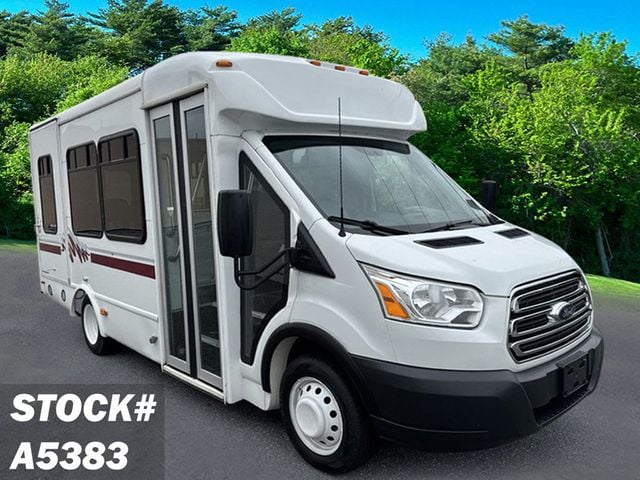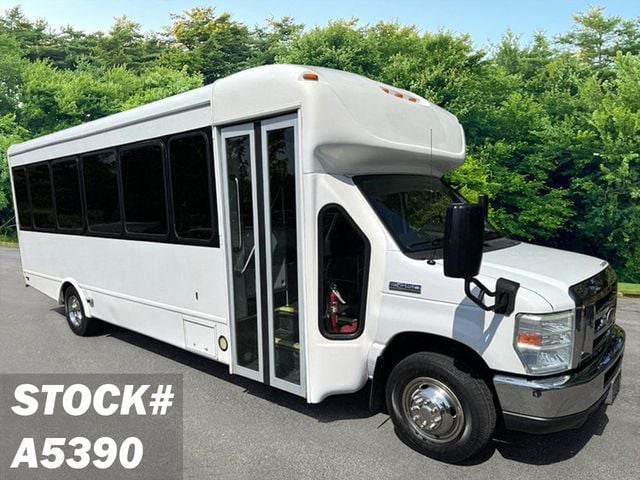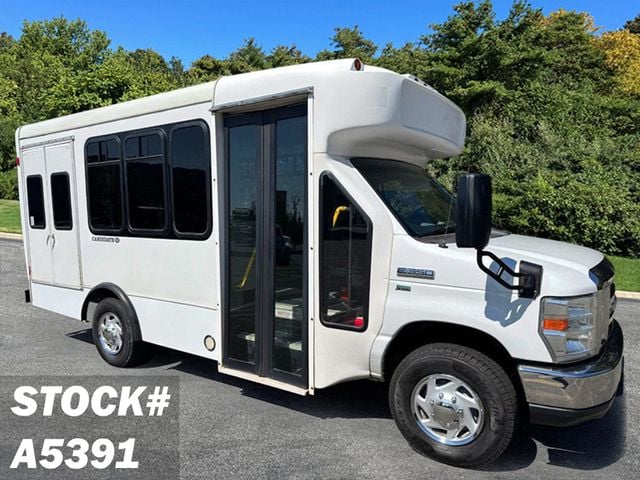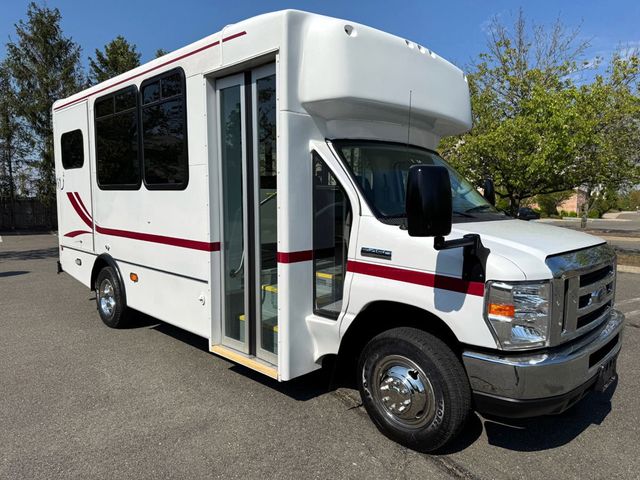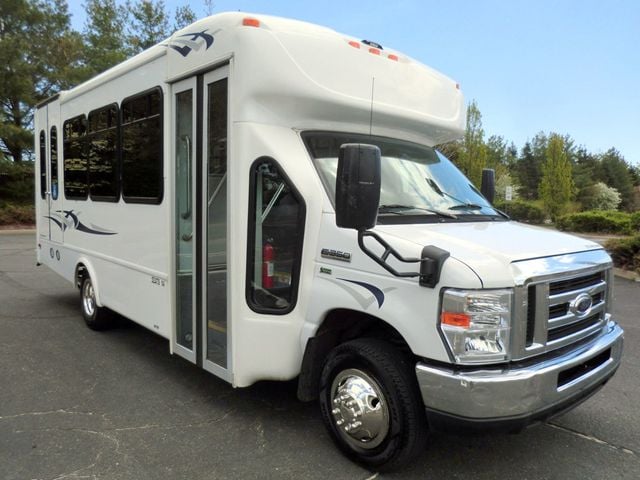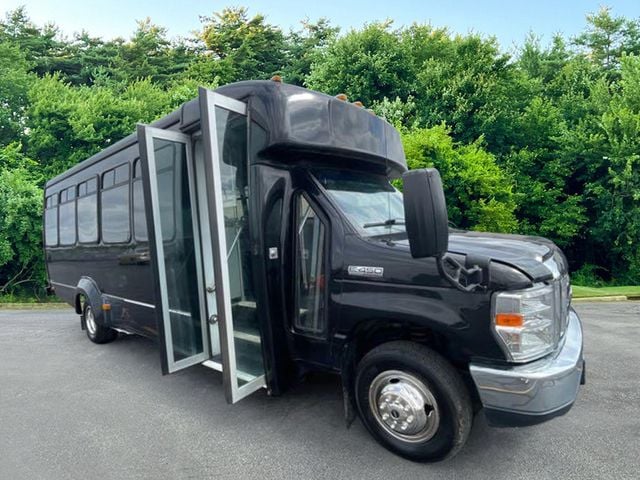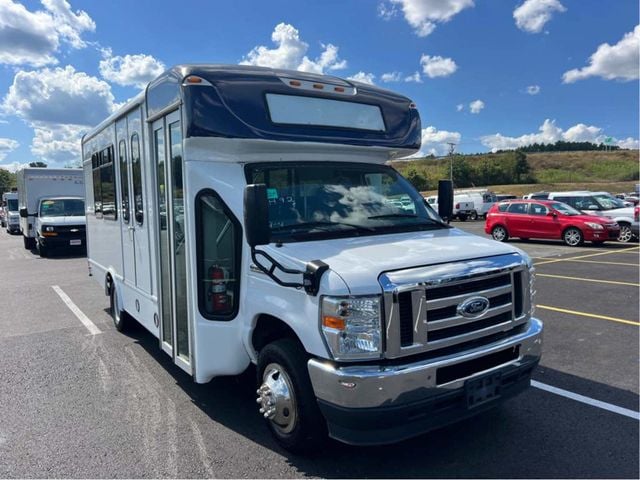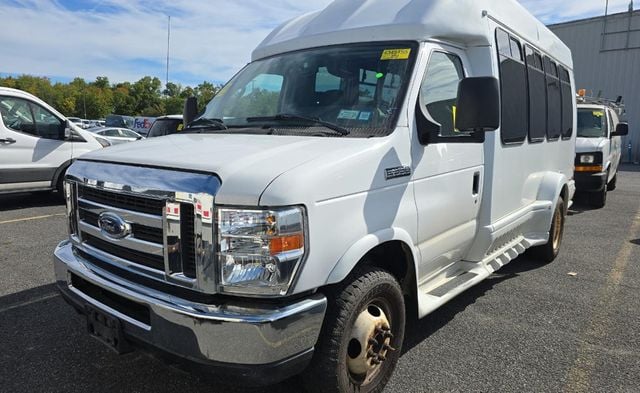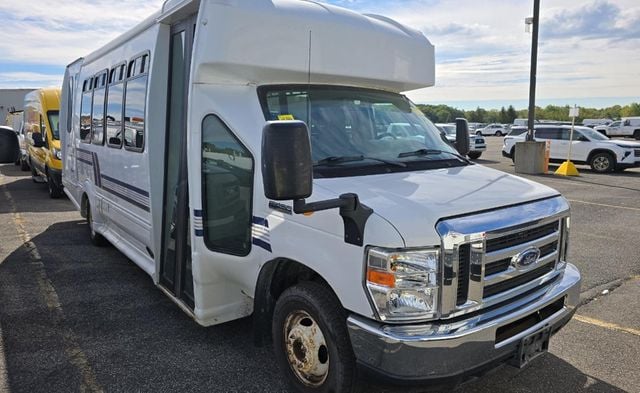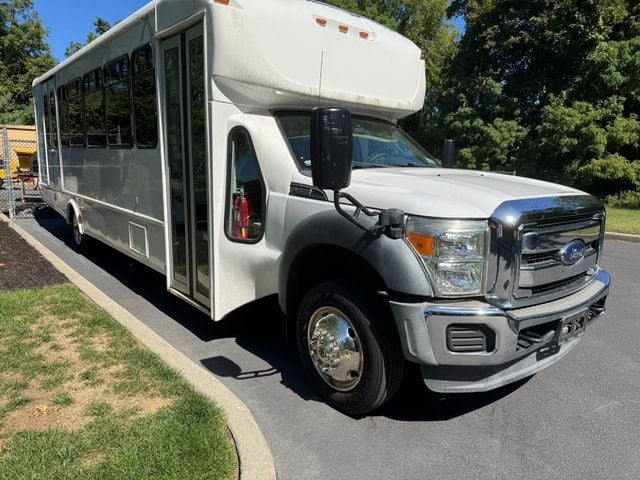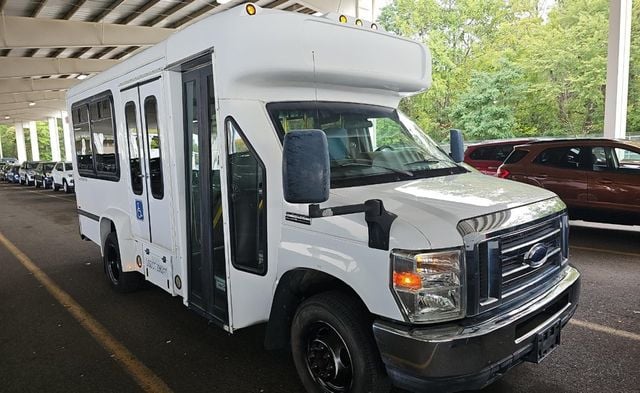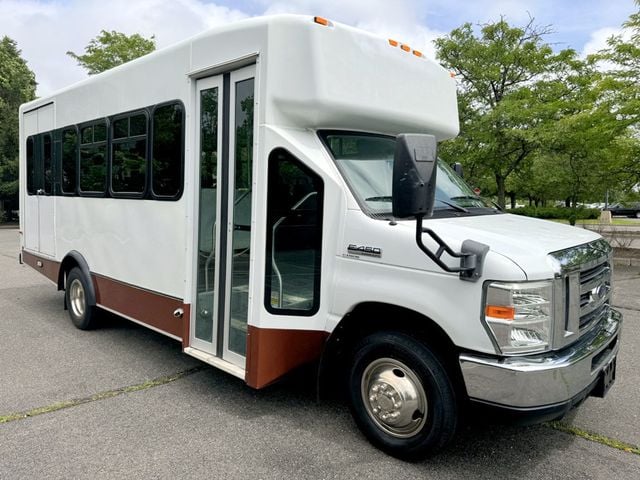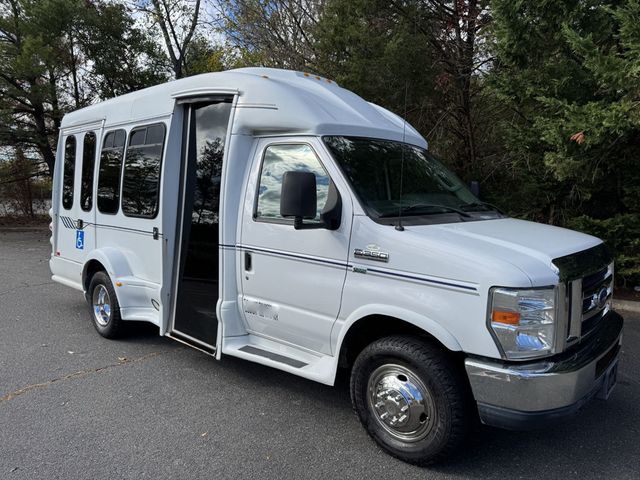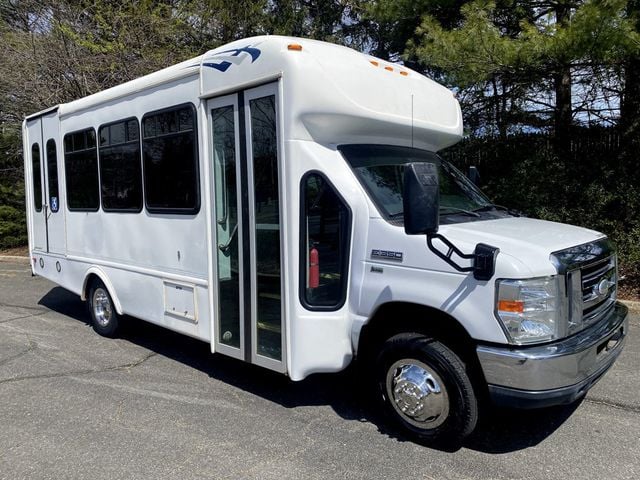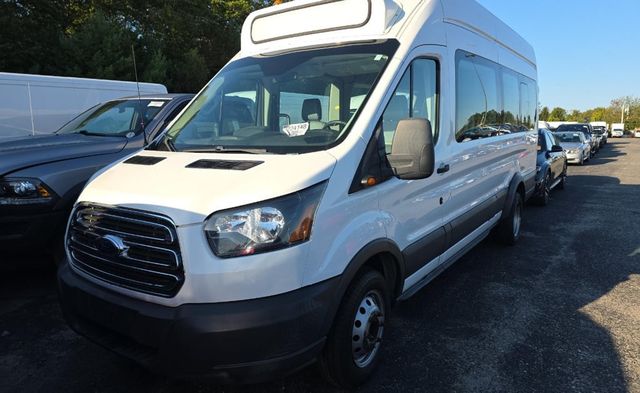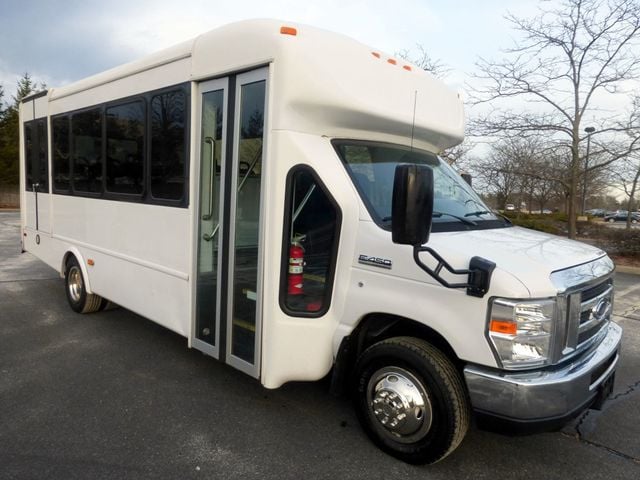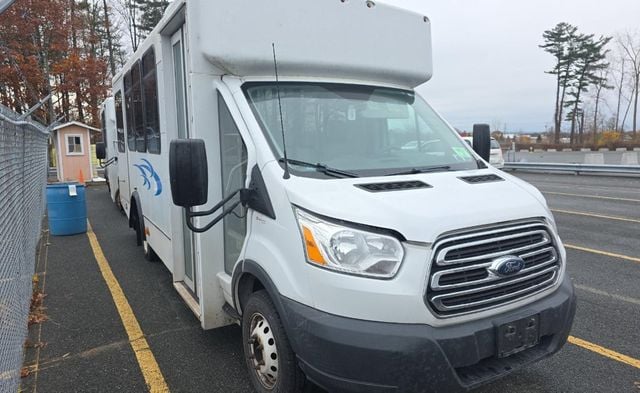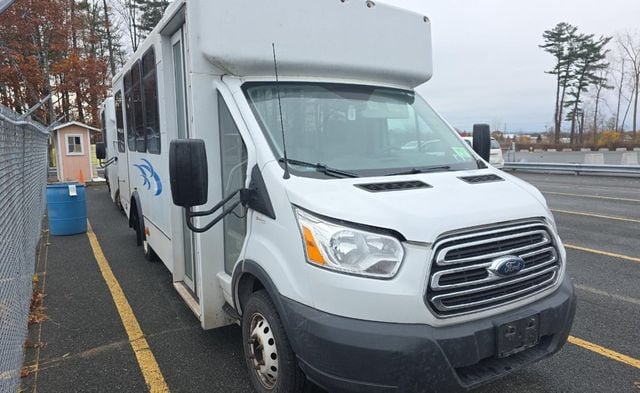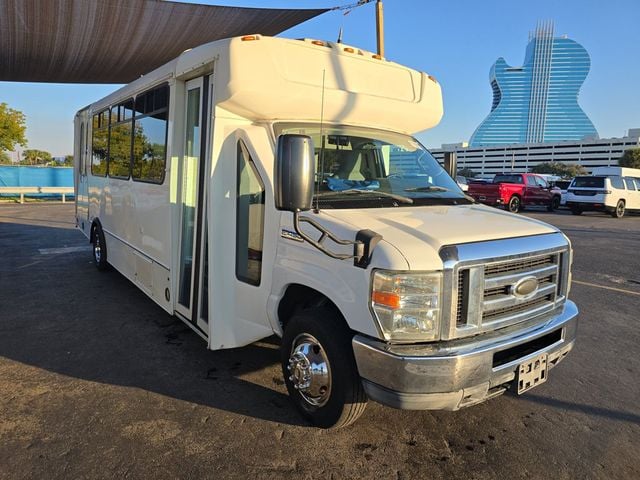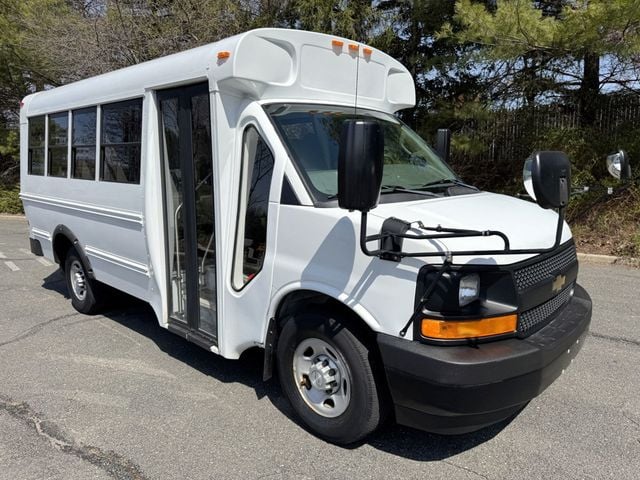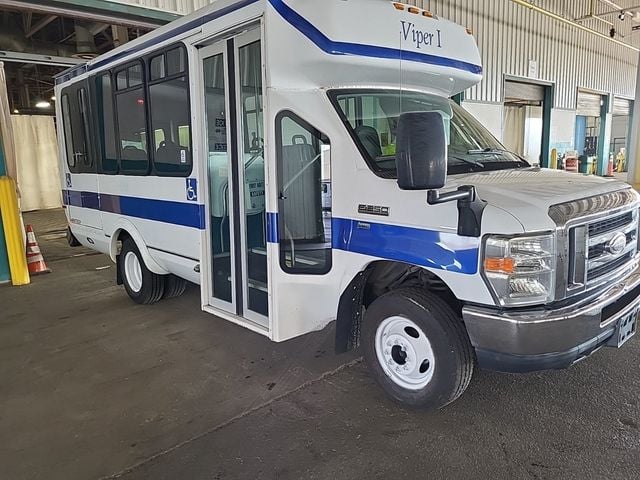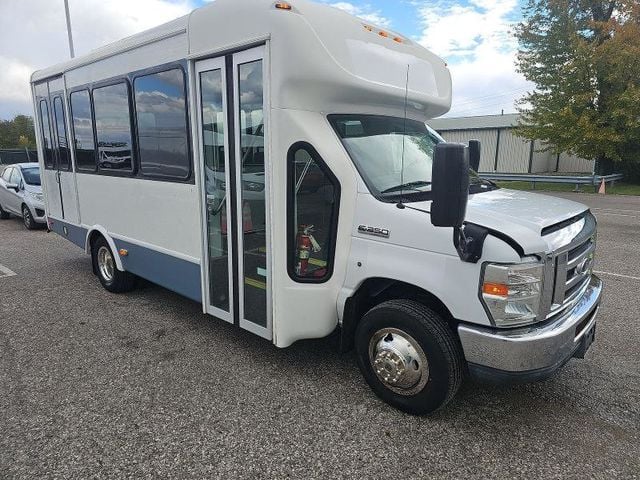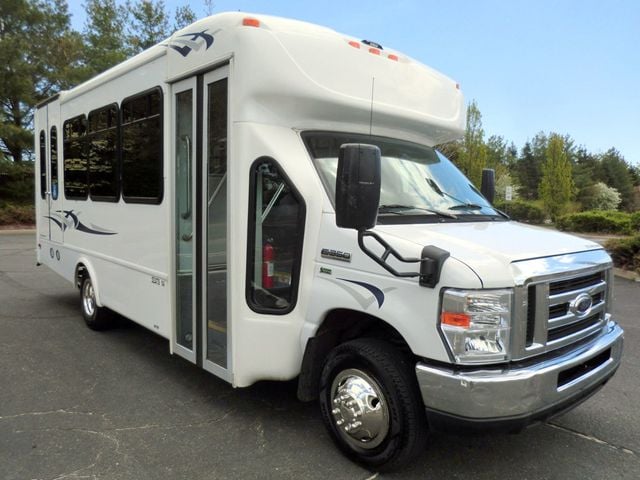“Care is not just about meeting needs, it’s about ensuring dignity, safety, and comfort every step of the way.”
Senior care facilities face a unique responsibility: providing transportation that is safe, accessible, and comfortable for their residents. For many facilities, the right wheelchair buses are more than vehicles; they are lifelines that help seniors stay connected with medical appointments, community programs, and family visits. At getanybus.com, operated by Major Vehicle Exchange, we understand the importance of reliable transportation and provide solutions that meet these very needs.
Why Choosing the Right Wheelchair Bus Matters
Seniors deserve safe and comfortable travel, and facilities must ensure their vehicles provide both. A well-selected bus reduces transfer risks, provides adequate space for mobility aids, and creates a secure ride for residents. By investing in the right model, facilities not only improve resident care but also simplify staff responsibilities.
Capacity Options for Senior Care Facilities
When selecting a wheelchair-accessible bus, it’s important to consider both total passenger count and wheelchair positions, especially since vehicles with 15 or more passengers require a CDL.
● Non-CDL Buses (up to 14 passengers, including wheelchairs) – A popular choice for senior care facilities. These buses are easier to staff since no commercial driver’s license is required, making them cost-effective and practical for smaller groups or routine appointments.
● Mid-Capacity Buses (15–24 passengers with space for multiple wheelchairs) – Designed for facilities with larger groups or more frequent outings. These vehicles balance capacity with efficiency, offering flexibility for both ambulatory passengers and wheelchair users.
● High-Capacity Buses (25+ passengers) – Best suited for senior care centers or community programs that regularly transport large groups or several wheelchair users. While they require CDL drivers, they reduce the need for multiple vehicles, improve safety by keeping groups together, and save on fuel and maintenance costs.
At Major Vehicle Exchange, we carry a range of reconditioned buses across all capacity levels. Whether you need a non-CDL shuttle or a high-capacity bus, our inventory ensures safe, reliable, and cost-effective transportation for senior residents.
Reconditioning: A Key Advantage for Buyers
Every bus we sell undergoes a careful reconditioning process. This means our team inspects brakes, engines, steering, and doors to meet high safety and performance standards. Problem areas are addressed before the bus reaches your facility, ensuring reliability and extending its lifespan.
This process offers peace of mind to care providers, knowing their bus is ready for immediate use without hidden problems. For facilities managing tight budgets, buying a reconditioned bus delivers excellent value without compromising safety.
Accessibility and Seating Flexibility
Wheelchair users need ample space and smooth boarding. Many of our buses feature flip-up seating, which allows extra room when more wheelchairs must be secured. This flexibility is critical for senior care transportation, as passenger needs change daily.
For seniors without wheelchairs, padded seats ensure comfort during travel. Combined with easy-entry doors and lift systems, these buses are built for inclusion and accessibility.
Comfort Features That Support Senior Riders
Seniors are more sensitive to temperature shifts and discomfort during travel. That’s why our vehicles include:
● Heat and air conditioning are available in both the front and rear.
● Tinted windows for privacy and climate control.
● Padded seating for extra comfort.
These aren’t luxury add-ons; they are standard in every bus we sell because comfort directly impacts the well-being of senior passengers.
Ford and Chevrolet: Why Brand Order Matters
When it comes to inventory, we always highlight Ford buses before Chevrolet. Ford accounts for more than 90% of our sales, and facilities consistently trust the durability, performance, and long-term service reliability of Ford models. Chevrolet models are also available, giving buyers flexibility, but Ford remains the leading choice.
The Inclusion Advantage for Church Programs and Senior Outings
Transportation goes beyond getting from one place to another. It’s about inclusion. For many churches and senior programs, buses ensure every member, including those in wheelchairs, participates in community life. A reliable bus enables seniors to attend worship services, social events, or family gatherings without stress or barriers.
How One Bus Improves Safety and Economy
Transporting seniors in multiple cars increases risks, consumes more fuel, and makes coordination harder. A single well-equipped bus reduces those concerns. It keeps groups together, allows staff to supervise easily, and saves money on fuel and maintenance. This approach is both safer and more practical for senior care providers.
In Closing:
Selecting the proper transportation for a senior care facility is a responsibility that carries long-term impact. By choosing a reconditioned wheelchair bus, facilities gain a safe, cost-effective, and dependable solution. For churches and community programs, buses also extend inclusion and allow more seniors to stay active.
At Major Vehicle Exchange, we specialize in providing high-quality reconditioned shuttle and wheelchair buses, including used church bus options. Our inventory is inspected, serviced, and ready for immediate use. With flexible sizes, trusted brands like Ford and Chevrolet, and standard comfort features, we offer solutions that match real facility needs. When senior care depends on transportation, trust a partner that delivers value, safety, and quality every time.
Explore our full inventory at getanybus.com and connect with our team today to find the right wheelchair bus for your facility.
FAQs
1. How many wheelchairs can a standard wheelchair bus hold?
Most buses can handle between 2 and 6 wheelchairs, depending on the seating layout. Flip-up seats create extra space when more securements are needed.
2. Are reconditioned buses safe for senior care facilities?
Yes. Every bus undergoes complete inspections of brakes, engines, doors, and steering before being listed. Safety and reliability are at the heart of our reconditioning process.
3. Why choose a bus instead of multiple vans for senior transport?
Using one bus keeps the group together, saves fuel, and improves safety by reducing coordination challenges. It also makes supervision easier for staff.
4. What comfort features are included in these buses?
All our buses come with front and rear heating, air conditioning, padded seating, and tinted windows for privacy and climate control.
5. Does Major Vehicle Exchange only sell new buses?
No. We specialize in high-quality reconditioned used buses that are inspected and serviced before being sold, offering excellent value for facilities.
Comments are closed.
